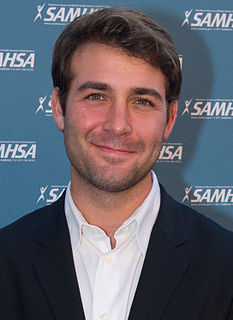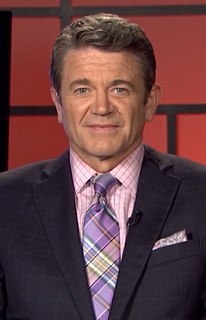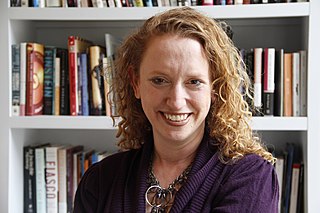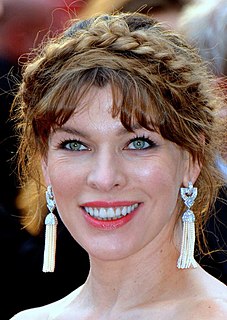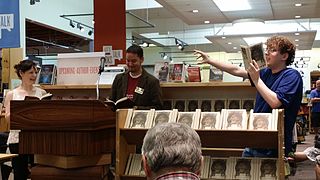A Quote by James Wolk
I had such a broad array of classes, in improvising, in clowning, in Shakespeare. It was so great to just be inundated with all that.
Related Quotes
I think you still have a problem here when you're going and you're looking not just that Trump is winning, but he's winning in a broad swath of voters. It's not just that he's got this one lane, oh, he only wins when there's low turnout, he only wins when conservatives, he only wins in these kinds of states. He wins enough across a broad array.
When I was doing Shakespeare and I had spent a lot of time and effort in trying to become a great Shakespearean actress. That was how I started my career, was in the theater doing Shakespeare. And my ambition was to be a great classical actress. That was what I wanted more than anything. So, I really pursued that in the first four years of my career. And it was an uphill struggle. It really was. Shakespeare's difficult and Shakespeare in a big theater is even more difficult. So, anyway, it was a struggle for me.
I took a couple of classes in clowning, but that was more like Lucille Ball kind of slapstick, not Ringling Brothers. But we had to do things silently, and the teacher would do this running commentary. 'Does this make Clown sad? Oh, Clown doesn't like that, does Clown?' Always 'Clown.' Never a name.
A puppet that starts to improvise badly is almost funnier than the puppet that's improvising well. So the show gets better when the improvising is really good, but also the show can also sometimes get better when the improvising sort of goes a little wrong and that's sort of a blessing to improvising with puppets.
To advance from a nuanced dissent to a compelling vision, progressive policymakers should turn to the great mainstay of twentieth-century U.S. foreign policy: liberal internationalism... (which) should offer assertive leadership - diplomatic, economic, and not least, military - to advance a broad array of goals.
All the unimaginative assholes in the world who imagine that Shakespeare couldn't have written Shakespeare because it was impossible from what we know about Shakespeare of Stratford that such a man would have had the experience to imagine such things - well, this denies the very thing that separates Shakespeare from almost every other writer in the world: an imagination that is untouchable and nonstop.
